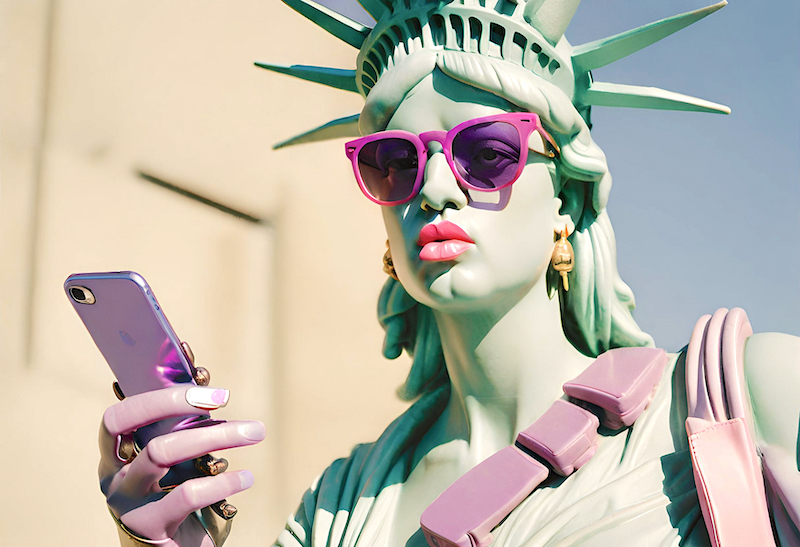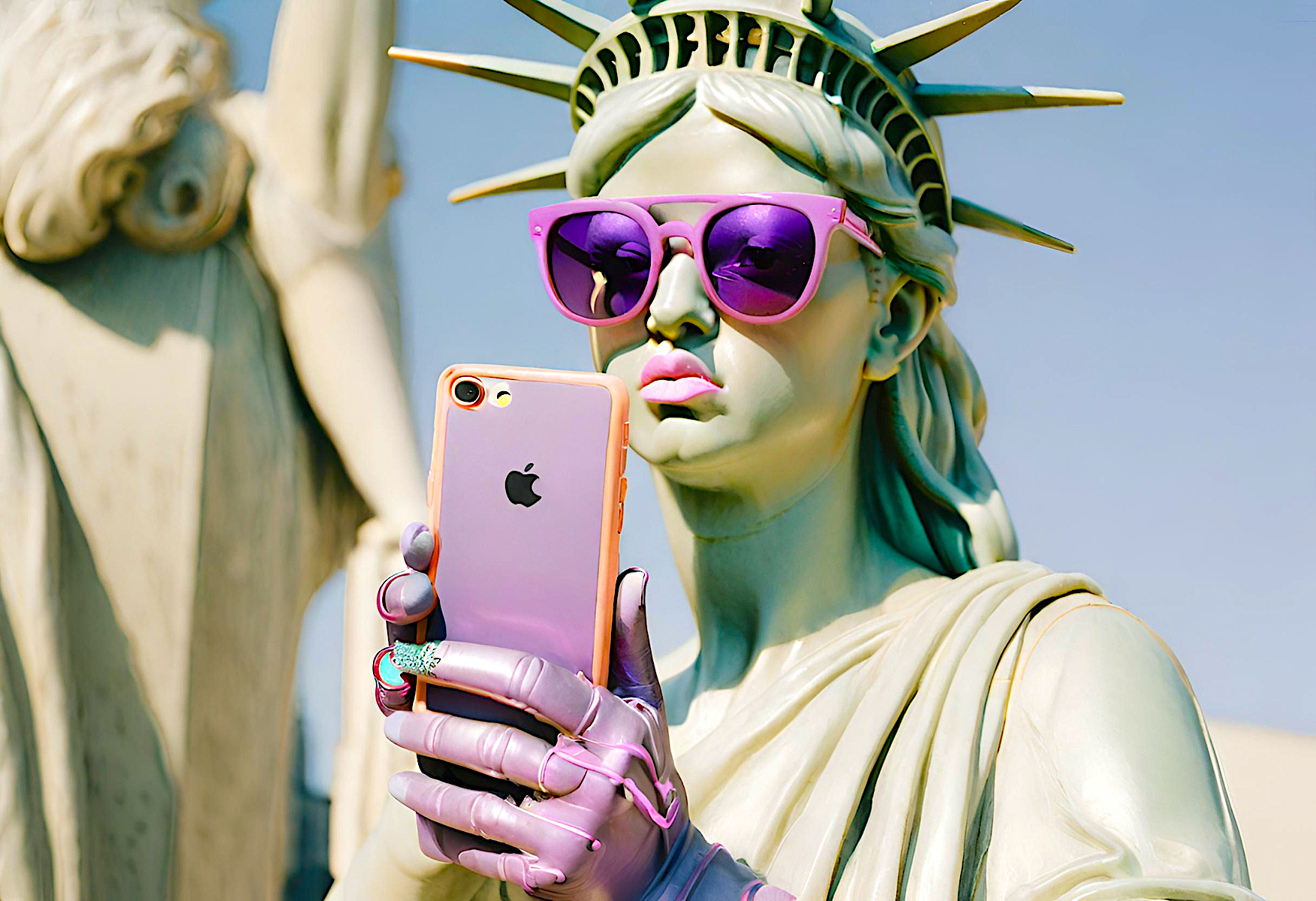(United States) — In the digital age, what was once hailed as a utopia of unlimited expression, the internet is now mired in a complex debate: Have social media truly expanded our freedom, or have they become our most sophisticated cage?
On the one hand, social media platforms offer us unprecedented access to information and dialogue. We no longer live in an era where gatekeepers decided which voices would resonate in the public square. Today, anyone with a smartphone can broadcast their thoughts and engage in debates with anyone on the planet. This democratization of communication has allowed marginalized voices to challenge power structures and launch social movements that once seemed unattainable.
The Arab Spring, Occupy Wall Street, and Black Lives Matter are all indebted to the organizing power of social media. Whistleblowers can bypass traditional media channels and expose injustices directly to the public. Grassroots initiatives find fertile ground for collaboration and fundraising. The overwhelming amount of information at our fingertips gives us the power to make informed decisions, question authority, and hold those in power accountable.
However, this new freedom comes at a cost. The algorithms that profile our online experiences create echo chambers that reinforce existing biases and limit exposure to diverse perspectives. Propaganda and disinformation spread unchecked, fueled by bots and unscrupulous actors who seek to sow discord and manipulate public opinion. The anonymity of the virtual world empowers trolls and harassers, silencing diverse voices and creating a hostile environment for marginalized communities.

Additionally, the vast amount of personal data that we willingly surrender to these platforms is alarming. Social media companies track every click and interaction, building detailed profiles that influence everything from the ads we see to the political campaigns we are targeted by. This erosion of privacy threatens our autonomy and undermines the very foundations of a free society.
So, are we really more free now? The answer, as with so much in the digital age, is nuanced. Social media have undoubtedly expanded our access to information and expression, but they have also introduced new threats to our privacy, security, and even our democratic institutions.
The struggle for freedom in the digital age is not just about protecting freedom of expression, but safeguarding the very fabric of a free society in the face of unprecedented challenges. This struggle demands vigilance from both users and platforms. We must be critical consumers of information, demand transparency from social media companies, and advocate for responsible regulation that protects our rights without stifling dissent. Only then can we truly claim that social media have not only reshaped our world, but transformed it into a more free space.
This is just one perspective on this complex issue. As we navigate this new digital landscape, the conversation about freedom and social media must continue, evolving alongside the technologies that shape our lives. It is a conversation that we must have with open minds and critical hearts, as the future of freedom itself may depend on it.
EXTERNAL LINK → UN articles on social media
© 2023 - 2024, Eduardo Barraza. All rights reserved.





